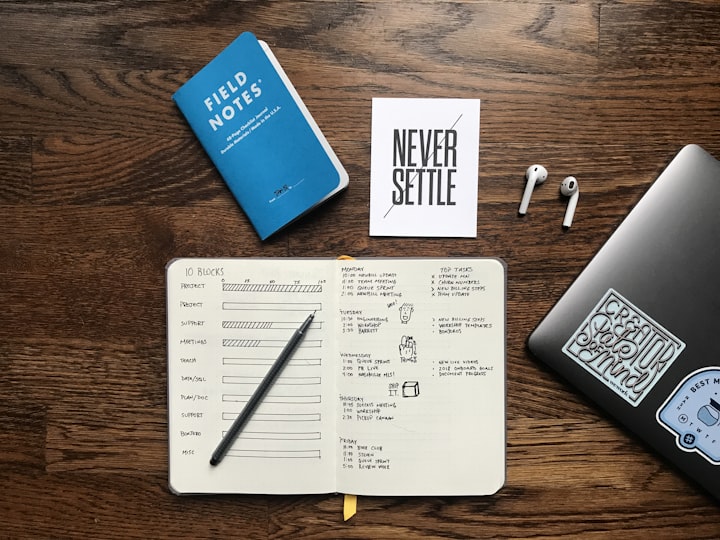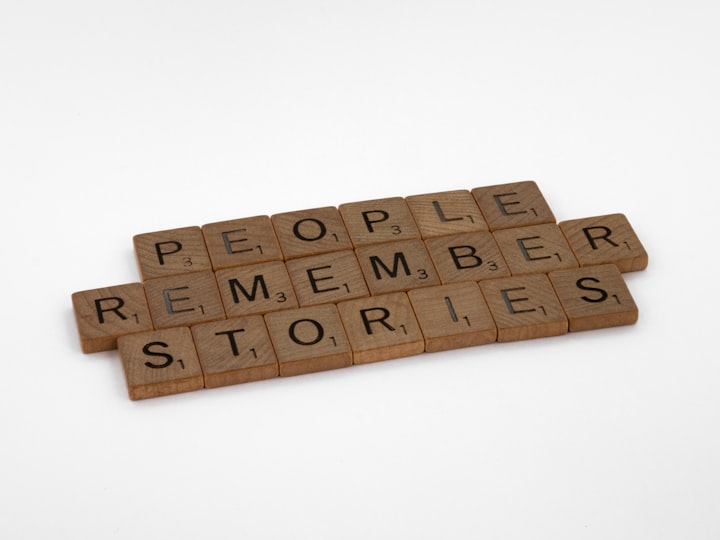How Becoming Competent has Become a Competition
When will it all stop being about winning?

In the age of LinkedIn, becoming competent has become a competition. The thoughts that I have articulated below, those you will proceed to read, sprung, not exclusively from the previous statement, but from the deep realization that summer has transformed before me. As a university student, summer no longer holds its innocent appeal. It is no longer synonymous with sun, rest, and playtime. It is a daunting period where I must get hired and paid, where I must transition from a period of intense studying after finals season into a laboring reality. Part of this transformation has to do with growing up, and there is no doubt adulting is difficult. However, there is more to finding a summer internship, for instance, than just being responsible. There is pressure attached to it. There is an expectation that must be met. One must not fall behind. One must stay ahead of the rest.

Although similar in their composition, these words, competent and competitive, used to have different meanings. While competence was associated with possessing the knowledge and skills to perform a task effectively and successfully, competitiveness has always been centered on a strong desire for being better than others. Nonetheless, today and, more so with each passing day, these jumbles of letters become increasingly synonymous with each other, they merge into a single dynamic of never-ending expectations.
Getting the job we want, learning a new skill, and even deciding on a career path, became tainted as soon as a comparative culture set into the panorama. With competitiveness being associated with exclusivity, a series of misconceptions have clouded these well-intentioned paths. Only a few can win. Only a few can succeed. We are all fighting each other for a seat at the top. What makes these messages so powerful is that they are normalized and reinforced through all stages of our lives. In high school, there is only one valedictorian. In college, admission rates fall below 10%. At work, hierarchical environments are the norm. Why did we allow ourselves to think about competence as such a social and shared pursuit? Why is it that taking destiny into one's hands is so drastically shaped, in essence, and perception, by others?

To add to the mix of comparison and the envy such creates, our society has leaned into its obsessive nature to an extent without precedent. Our hyper-focus on productivity, our seemingly intrinsic desire for efficiency, and our overwhelming need for control are characteristics found in most of us, not due to our nature but due to our nurture. We keep detailed calendars of every single minute of our day and we use the Pomodoro technique to tackle our tasks rapidly because we are taught that time is money, and money is power. Figures show that we work too much but aren’t happy enough. Yet, we praise those that spend their lives stuck in an uncomfortable office chair staring at a screen blankly. It’s all messed up.
As if all that wasn’t enough, we lack pause and patience. Even though competitiveness taking over competence is problematic, most worrisome of all is our lack of presence and breath. We don’t have time for ourselves, and we constantly fail to acknowledge that we are living, breathing beings that have a purpose beyond meeting the latest deadline or scoring the last opening at the top firm. Hence, it is not a surprise that you can find hundreds of apps dedicated to meditation and journaling just by typing a few words into the App Store or Google Play. Society’s lack of mindfulness has been superficially addressed with these quick fixes. Yet, unless we detach our worth and perception from the corroding ideals that constitute our trajectory towards competence, it is likely that we will never be free from productivity’s reign.
All of these being said, there is no immunity to the ills presented here. To some degree, we are all complicit in the perpetuation of this system. The first step in taking back the ownership of our path to competence lies in the acknowledgment of the issue and the communication of such in our inner circles. Maybe by doing so we can desert the competition. Maybe becoming the better version of ourselves can be a win of its own.
About the Creator
Juliana Rivas Torrente
Thoughts and opinions flood my head. As a Colombian student living in Canada, I want to share the messiness in my brain. Spontaneity will drive the content published here, so expect an unexpected variety of carefully polished rants. Enjoy!






Comments (1)
It doesn't have to be this way. Excellence - being the best of the best - takes team work and collaboration, working together, each colleague brings their strengths and insights. Together the work is better. Look forward to your interview tomorrow with Charity Intelligence. Kate Bahen